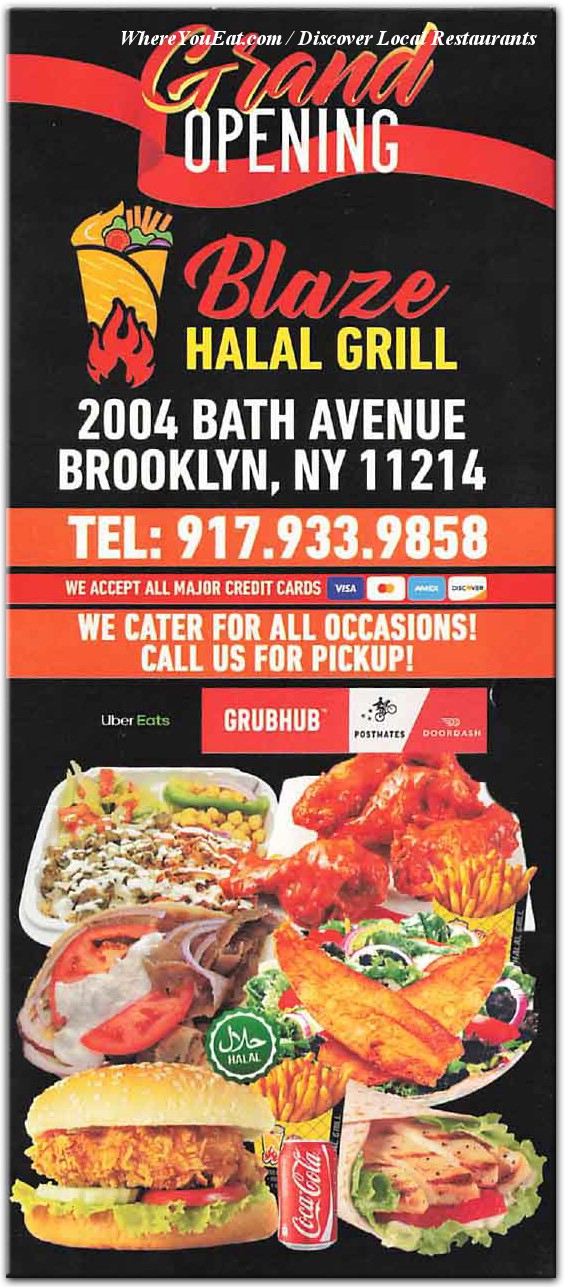Frustrating Search? Troubleshooting "No Results" Errors On Google
Is the digital echo chamber, the relentless churn of algorithms, truly failing us? The stark reality is that in the information age, finding the truth, the genuine nugget of knowledge, is becoming increasingly difficult, often obscured by a cacophony of noise and the absence of concrete results.
The relentless barrage of "We did not find results for:" messages, coupled with the ubiquitous "Check spelling or type a new query," paints a concerning picture. It suggests a systemic issue, a chasm widening between our queries and the information we seek. This isn't merely an inconvenience; it's a potential crisis of understanding. This persistent failure to deliver, to connect us with the answers we crave, hints at a deeper problema deficiency in the very architecture of our digital search and information retrieval systems. It begs the question: are we losing the battle against the digital void?
The frustratingly empty search results underscore the challenges we face in navigating the vast ocean of online content. The consistent inability to surface relevant information reflects a broader problem: the increasing fragmentation of the digital landscape. Content is siloed, algorithms are opaque, and the sheer volume of data overwhelms even the most sophisticated search engines. The result? A frustrating experience for the user, a constant reminder of the limits of our digital tools.
The constant exhortation to "Check spelling or type a new query" speaks volumes about the current state of information access. It highlights the dependence on precise syntax and the often-fragile nature of search algorithms. A slight misspelling, a nuanced phrasing, can be the difference between enlightenment and an endless digital loop of frustration. This dependence on precision suggests a lack of intelligence in our search systems, an inability to interpret intent or context.
What are the implications of this persistent inability to retrieve information? Consider the impact on education, research, and even everyday decision-making. Imagine a student researching a complex topic, confronted with a wall of "We did not find results for:". Or a scientist struggling to find critical data, met with the same discouraging message. The cumulative effect is a stifling of curiosity, a dampening of the human spirit of inquiry.
The repeated failure to find results forces us to contemplate the underlying issues contributing to this digital impasse. The problem likely involves factors such as: the quality and indexing of the content available, the complexity of search algorithms, and the ever-shifting nature of information itself. It also may expose a need for better strategies for information management and dissemination. What, then, can be done to improve the user experience and reverse the trend of unanswered queries?
The persistent absence of results is a wake-up call. It urges us to develop new strategies for searching, to improve the organization and accessibility of digital content. It reminds us that the pursuit of knowledge is never truly simple. The digital world, like the real world, can present many hurdles. The frequent message of not finding results also suggests an opportunity for innovation, a chance to build better search tools, to connect people with the information they need, and to restore our confidence in the power of digital access.
The recurring message is a call for change. It represents a challenge to improve the ways we search for and organize digital information. This, hopefully, can result in systems that better address the needs of users and unlock the full potential of the digital age. In order to make this vision a reality, we must prioritize the development of smarter, more adaptable search algorithms and create digital environments that are more inclusive and easier to explore.
The inability to find results is more than a technical inconvenience; it symbolizes the growing disparity between information access and the information available. Addressing this issue requires a multifaceted approach that includes improvements to search engine technology, better content management practices, and a renewed emphasis on the human element in the search process. Only then can we hope to transform the digital search from a source of frustration into a tool for discovery.
The consistent message of "We did not find results for:" acts as a stark reminder of the ongoing digital divide. For many, the internet is an essential resource for everything from education and employment to healthcare and civic engagement. The inability to find relevant and reliable information online exacerbates existing social inequalities and creates new barriers for those seeking to participate fully in society.


